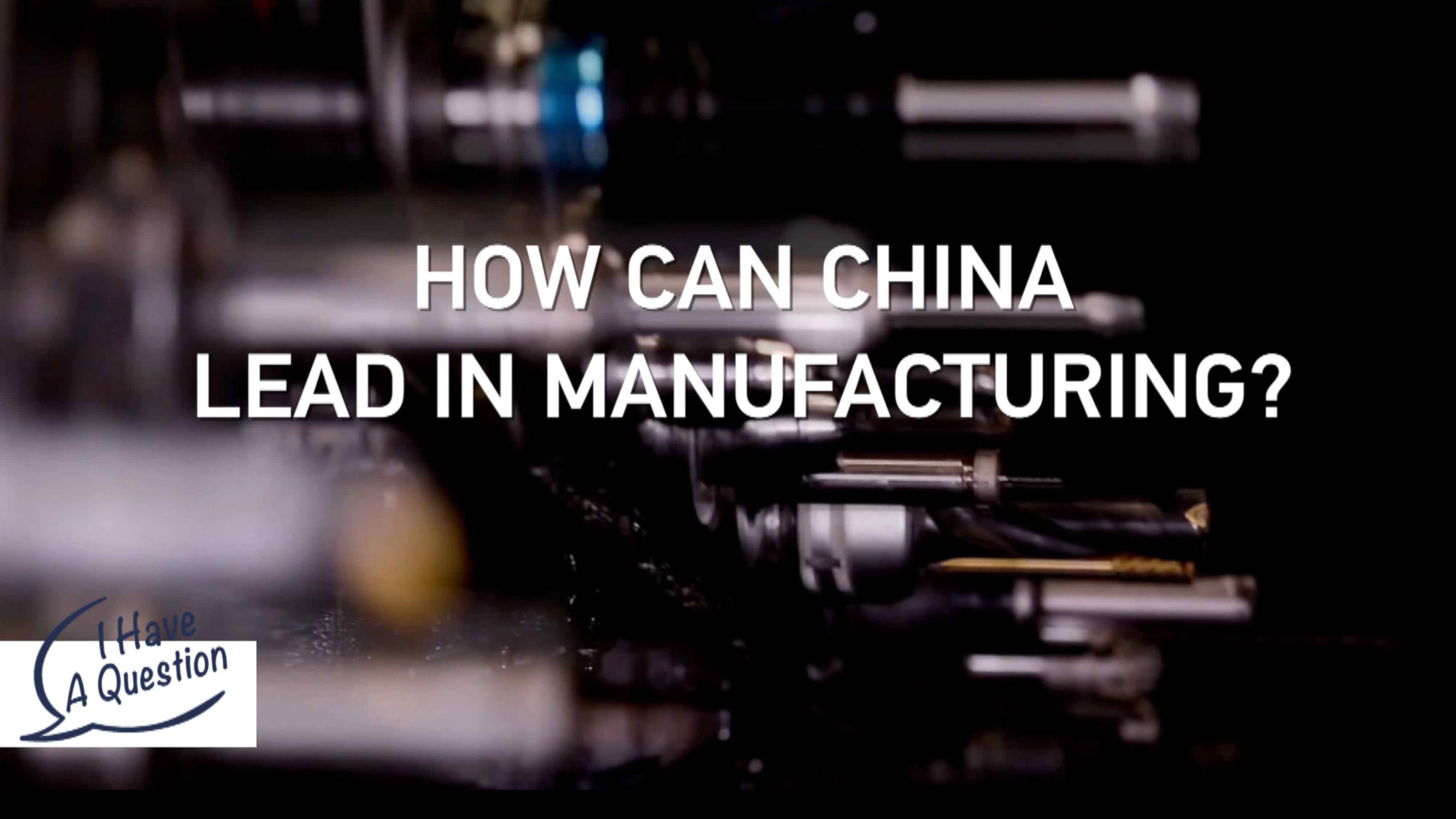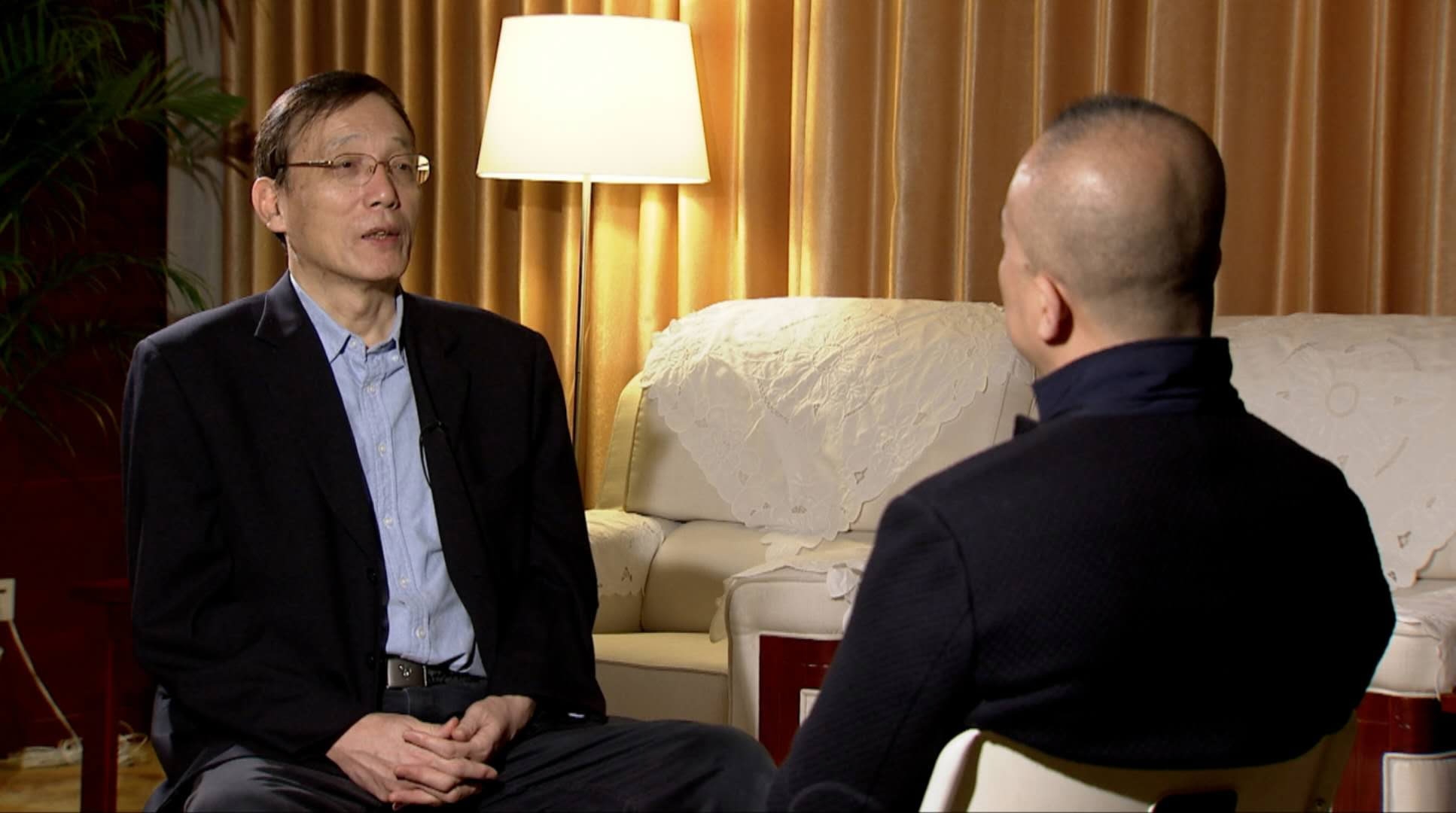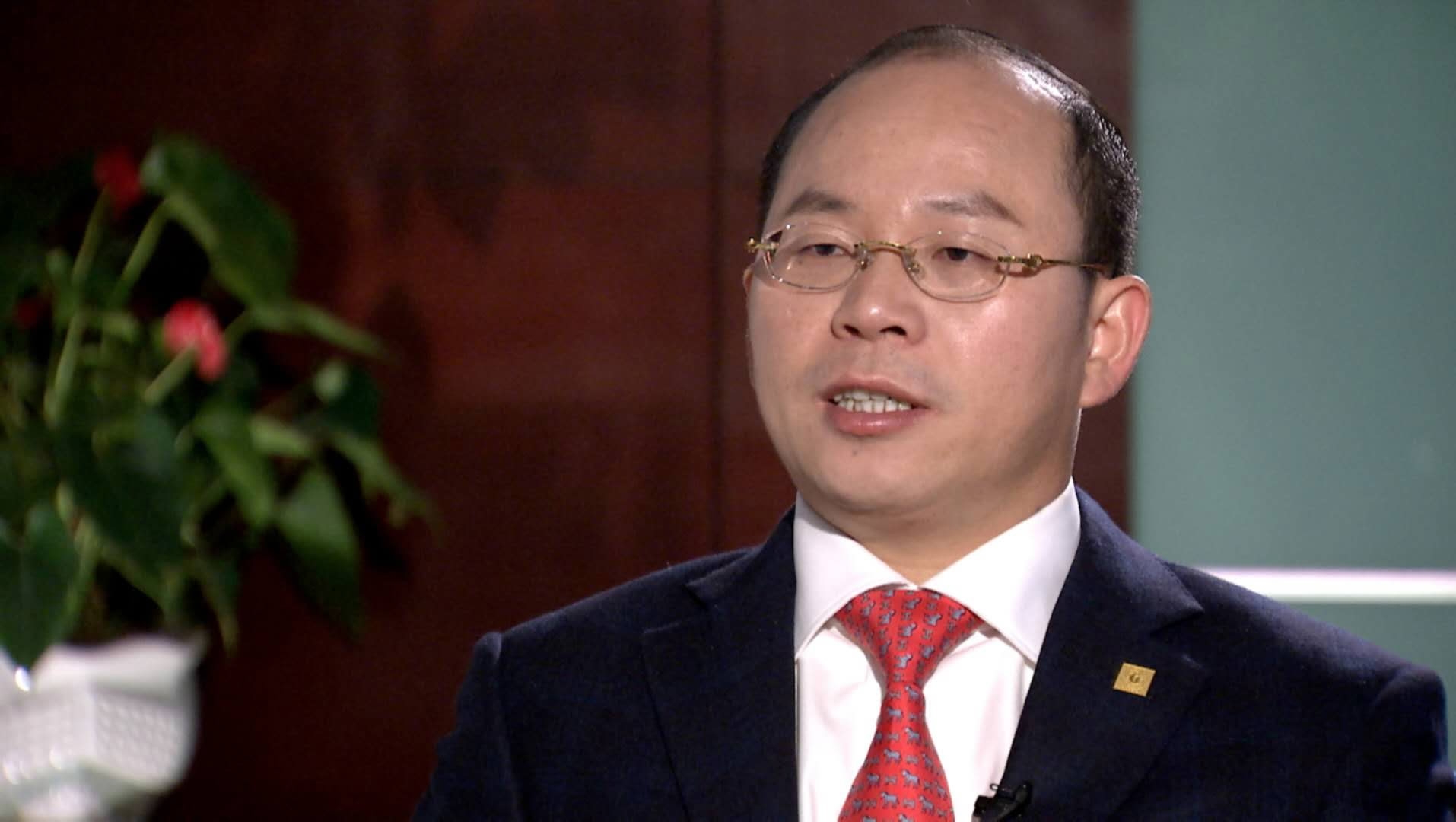
Politics
23:12, 04-Mar-2018
I HAVE A QUESTION: From Good to Great
By Han Bin, Wei Lynn and Yuying

HOW CAN CHINA LEAD IN MANUFACTURING?
As China celebrates its 40th year of reform and opening up, tribute should perhaps be given to the industry that has mostly fueled the nation's double-digit economic growth for three decades up until 2010: manufacturing. We are talking about products ranging from mobile phones, other electronics, clothes, to ships and railways.
However, all eyes are now on China as it switches gears from a quantity-driven manufacturing hub to a high-quality industrial power. Where the rest of the world has previously benefited from China's low labor costs, the reverse trend is now working against the country itself.
To answer the question above, can China's manufacturing lead the world?
Well, according to Liu Shijin, former deputy director of the State Council's Development Research Center, China's position on the global stage is increasing.
“But averagely speaking, our standards are still not there yet, globally. Our manufacturing industry may need a longer time to breakthrough, and so we need patience," Liu, who is also a CPPCC member, said.
Liu did not specify which sub-sectors within the industry are still lagging but cites much high-end equipment today is still sourced from other countries, based on his conversations with enterprises.

Liu Shijin tells CGTN's Han Bin that from a world's division of labor perspective, manufacturing is China's most competitive industry. /CGTN Photo by Wang Jigang
Liu Shijin tells CGTN's Han Bin that from a world's division of labor perspective, manufacturing is China's most competitive industry. /CGTN Photo by Wang Jigang
SHORT-TERM PAIN FOR LONGER-TERM GAIN
China's manufacturing industry is going through a period of readjustment, Liu said, where the portion of companies making good profits is still low – despite having been on the roadmap to cut excess industrial capacity.
"If you want to develop high-quality products, you must go through this process – of weaning out those which are not efficient and competitive, those which cause pollution. It is also a process of market competition," he said.
"But after this process of reorganization, leading enterprises will emerge stronger where you'll see their market share and profitability increase. At the same time, small and medium enterprises will also develop. They will be more specialized."
He explained that even the low-end companies in the past could rise to reach the medium-end, riding on their own advantages, be it natural resources or human capital.
Thus, while the number of manufacturing companies has decreased, that of new industries has increased.
Ye Mingwu, chairman of General Global Group, has given credit to pockets of companies within the manufacturing industry.
"One is in the area of business philosophy and thinking – it is now more internationalized. Another area is the companies are now more focused on brand quality and innovation to meet the world’s demands," Ye said.

Ye Mingwu is keen to see how China's manufacturing industry, in the shortest time, can further develop to be more influential and possess world-class qualities. /CGTN Photo by Wang Jigang
Ye Mingwu is keen to see how China's manufacturing industry, in the shortest time, can further develop to be more influential and possess world-class qualities. /CGTN Photo by Wang Jigang
Enrico Milazzi, chief commercial officer of Losma, an Italian manufacturer, agrees that from a trend perspective, China has been able to fill the gap of its overseas counterparts.
"A few years ago, the focus was mostly on price. But now the scenario's completely different. I believe China's technological level in manufacturing is high," he said.
RECIPES FOR SUCCESS: QUALITY, INNOVATION, MINDSET
Industry players are heartened by and welcomed President Xi Jinping's remarks in the report of the 19th National Congress of the Communist Party of China (CPC), where he urged to work faster to build China into a manufacturer of quality and develop advanced manufacturing.
How can this be done?
Firstly, Liu said it is crucial to reduce costs. "To pursue high quality and be effective, one must bring down costs. Within a company, technology and [good] management play a role in this regard."
Secondly, enterprises must know of and possess their positioning in the market, he said. "What do you do well in? You have to be specialized, then only can you progress and succeed. Don't be too scattered (in your ideas and offerings)."
Thirdly, Liu called for deepening integration within e-commerce companies and new technologies, artificial intelligence, delivery services, cashless payment.
"We are the world's biggest market. We have to think of how to leverage these new technologies and innovation to create products that are commercially viable and world-class," Liu said.
Meanwhile, Ye believes that for China's manufacturing to further advance from big to strong, it must first pay attention to the latest and future industry trends.
"We have to focus on having the ability to combine technological innovation, modern finance, human resources in the manufacturing industry," Ye said.
And ultimately, the one crucial factor above all is to continuously upgrade the industry's quality.

SITEMAP
Copyright © 2018 CGTN. Beijing ICP prepared NO.16065310-3
Copyright © 2018 CGTN. Beijing ICP prepared NO.16065310-3